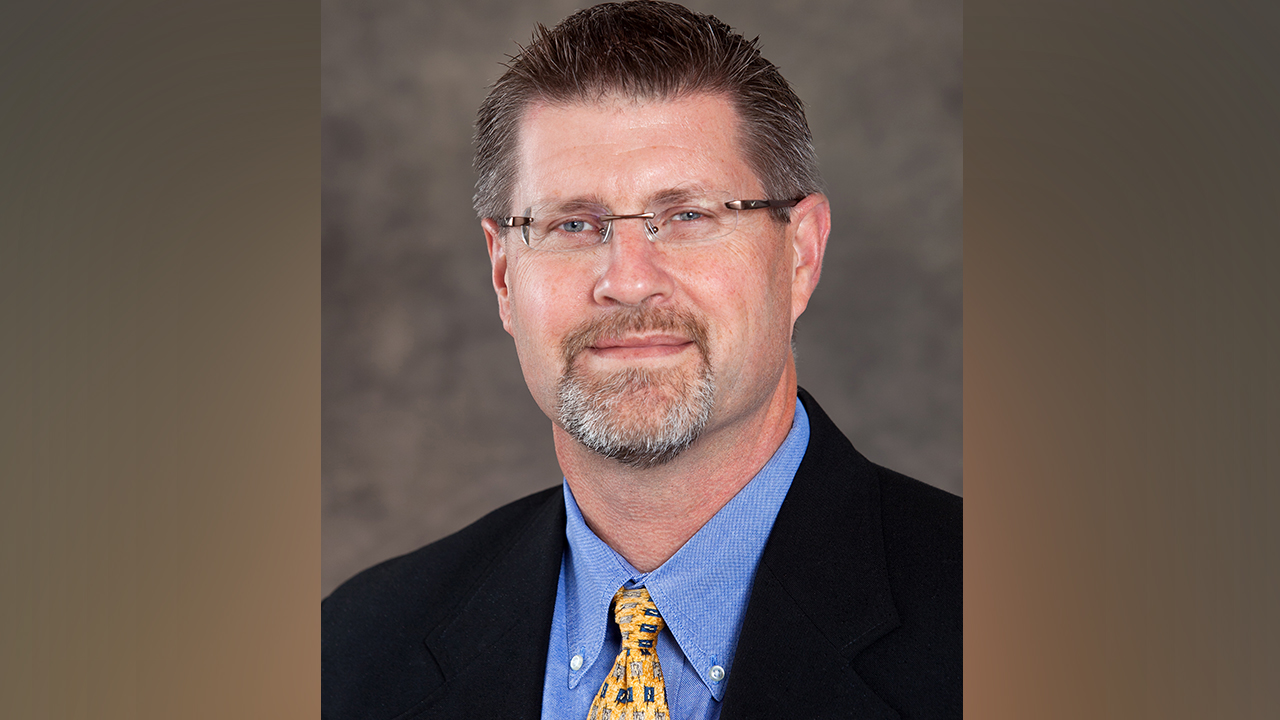
As a professor of agribusiness at the University of Wisconsin-Platteville and a UW-Extension farm management specialist, Dr. Kevin Bernhardt helps make an impact on both the current and future generations of the local agriculture industry. An Iowa native, Bernhardt joined UW-Platteville in 1996 and his teaching and Extension areas include farm financial analysis and management, risk management and commodity marketing.
How did you originally become interested in the field of agribusiness?
I am from an agricultural family. My dad was a county Extension agent in Iowa and my three older siblings are all farmers. My original goal was to go into a farming partnership with my brother. My mom and dad made me promise to finish college first. I finished at a time when the 1980s farm crisis was at its peak and my brother's operation was not immune. The short story is that I had to go to plan B. I respected my dad's work in Extension and decided to follow in his footstep, but at the campus level. My appointment at UW-Platteville of 50% teaching and 50% Extension fulfilled that goal. My interest in agribusiness is more of a mystery to me. I enjoy and have worked with animals, crops and agricultural engineering, but my early classes in agribusiness and economics were my favorites and were to me the most interesting. So, I guess those led the way for future decisions.
What do you enjoy most about teaching?
That is a multi-leveled answer. Of course, it is fulfilling to have an impact on the next generation, to have been a part of molding young minds into mature, creative and productive members of society. But, if I'm really honest, I like being in front of a group of students and having their attention, of being witness to those "aha" moments when you can almost physically see their minds take a quantum leap forward in understanding. I also enjoy the chance to mold character as well as understanding of agribusiness principles. My favorite days are those when discussions evolve to integrity, honesty and character.
What lessons do you hope students take away from your classes?
Well of course I want them to take away the principles, theories, processes and etc. needed by agribusiness professionals, but that's about third place in my mind. In first place is that they walk away with the driving curiosity and desire to know more, to never be satisfied with what they know and understand today, but be continuously driven to see what is over the next hill. Tied for first place is character, living a personal and work life based in integrity, hard work and fairness to others. If my teaching can instill or enhance these lessons, then I believe I have been successful.
In addition to your work as a professor of agriculture at UW-Platteville, you provide a lot of outreach and education to the agriculture community, statewide. Why is it important to extend this reach and share education and expertise with our communities?
Well, one reason it is important is that it is 50% of my job, however, more inspiring is that nowhere is the "The Wisconsin Idea" personified more than in Cooperative Extension. It is our job to reach every home in the state. In my case, that is agricultural homes and those who provide service to agriculture especially the agricultural lending community. Finally, the reach of education and expertise is a two-way street. I receive as much from by interaction with people and organizations in the state as they receive from me and what I learn often makes its way back into the classroom.
The agriculture industry, particularly dairy, has seen some challenges in recent years. What new developments, opportunities or trends in the industry, do you see, that make it an exciting time to be in the field you are in, and for students to be learning about this field of study?
The industry has for sure been challenged and may well be experiencing a shift in structure and business model. That being said, it is also a dynamic, growing and changing industry, which provides opportunities for those willing to take the calculated risk and for those who want to be in service to the industry. There are changes afoot in technology, markets, environment, economies of scale and scope and other facets of the industry. In this last year alone, my own work touched on robotics, export markets, genomics, animal welfare, nutrition, finance and a plethora of new government programs. I worked with farms that had 50 cows and with a farm that had 10,000 cows. Yet, in the midst of all that, farming is still largely a family business with family work ethics, cultures and traditions. There is no industry that is more global than agriculture where the production and consumption of food is in every corner of the world. Finally, not many industries can brag that their products are one of the very necessities of life.